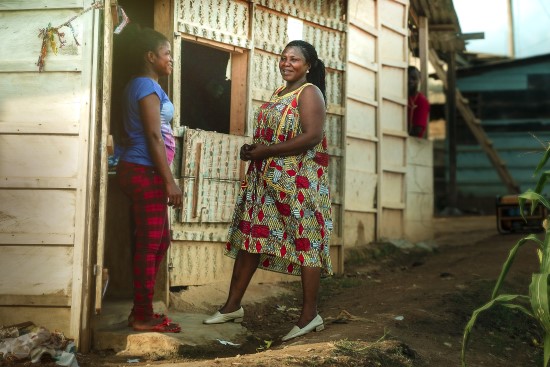Strengthening Community Health Worker Programs
Activity
High-performing health systems can be achieved when the role of communities is fully harnessed. In October 2018 the World Health Organization (WHO) released the WHO Guideline on health policy and system support to optimize community health worker programs (“CHW Guideline”) with important recommendations for professionalizing community health workers (CHWs) across their career life cycle. Well-trained, managed, and motivated CHWs are essential for more accessible, acceptable, affordable, and reliable health services, supporting comprehensive primary care, and contributing to population health outcomes.
LMICs’ CHW programs face a range of implementation challenges, including within decentralized contexts, such as: limited policy directives; limited CHW career pathways; inadequate or unsustainable remuneration; limited integration of the CHW program in the health system and the broader health workforce context; and inadequate community embeddedness, downward accountability and community engagement. Among the vast range of global and national CHW program stakeholders, investors, and implementing partners, HRH2030 will seek to: identify and make recommendations for CHW program efficiencies; link CHW program investments to broader primary health care, HRH integration, health systems strengthening and health for all; and reinforce USAID’s agenda and messaging accordingly in these areas.
As USAID’s global health workforce flagship program, the Human Resources for Health in 2030 (HRH2030) program is optimally placed to provide strategic thought leadership, communication, and implementation support to strengthen CHW programs. For these global normative guidelines to be successfully contextualized and implemented around the world, HRH2030 will:
- Hold regular convenings to coordinate USAID global health flagships supporting CHWs and develop “Flagship CHW resource package”
- Provide technical assistance to support development of case studies of selected Institutionalizing Community Health (ICH) countries in the WHO Guideline implementation
- Contribute to CHW global thought leadership at strategic events
RELATED NEWS AND RESOURCES

Activity Leader:
Rachel Deussom
.
Implementing Partners:
Chemonics, Amref
.
Duration:
2019-2021
.
Countries Impacted:
Global
.
Status:
Ongoing






